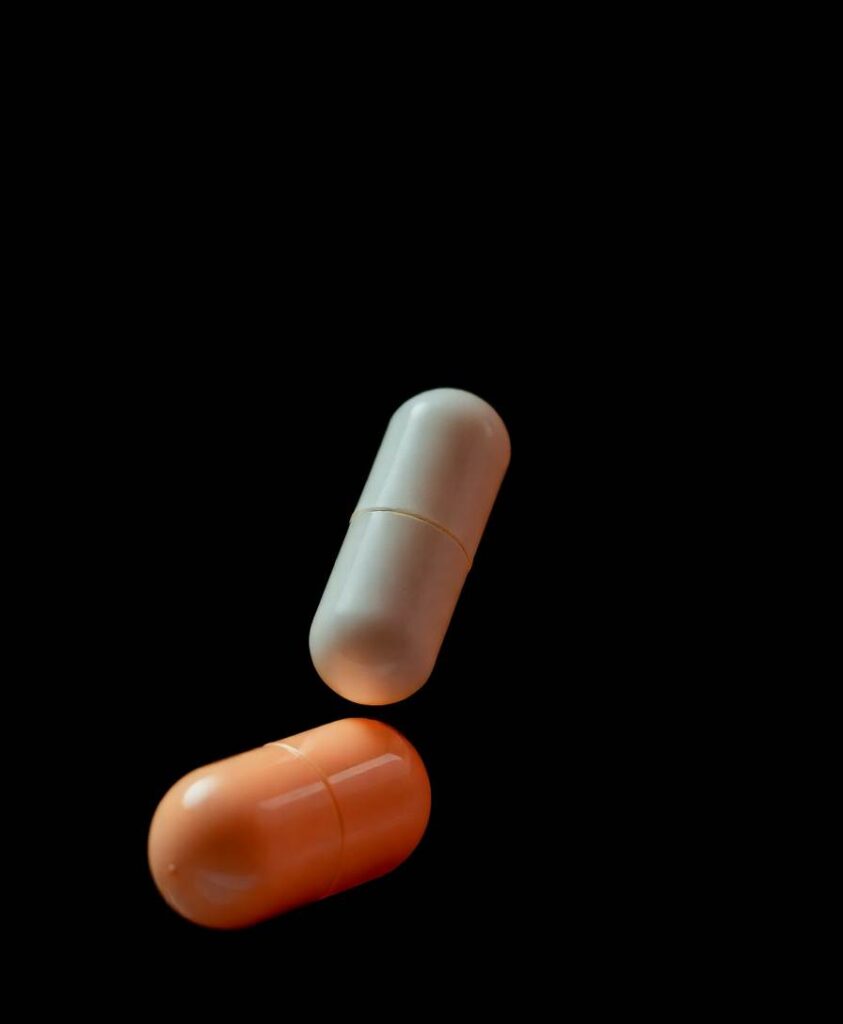IntroductionCerebral small vessel disease (CSVD) is common among older people and it could lead to dementia. Whether anti-platelet therapy (APT) could retard the cognitive decline of CSVD is unclear. The aim of the study was to evaluate, in newly diagnosed CSVD patients without dementia, the association between the APT and dementia during follow-up.MethodsWe conducted a nested case-control study within a CSVD cohort. Dementia cases, such as vascular dementia (VaD), Alzheimer’s disease (AD), and unspecified dementia (UD), were individually matched (1:1) to controls by age, sex, and follow-up time. Conditional logistic regression models were used to estimate the odds ratios (ORs) between APT and dementia.ResultsOf 9,991 patients in a cohort screened from January 2009 to December 2019 and followed-up until November 2020, 131 dementia cases were finally included and successfully matched to 131 controls. Among 262 patients with CSVD, the mean [standard deviation (SD)] age was 73.9 (7.9) years and 126 (48.1%) were men. The median [interquartile range (IQR)] follow-up periods were 4.73 (2.70–6.57) years in the control group and 2.94 (1.34–4.89) years in the case group. According to MRI at baseline, the case group showed higher CSVD burden in lacune(s) (p = 0.001), moderate-to-severe white matter hyperintensities (WMHs) (p = 0.015), enlarged perivascular spaces (EPVSs) in basal ganglia (p = 0.005), and brain atrophy (p < 0.001). The APT was associated with the lower overall dementia risk and the matched OR was statistically significant (aOR 0.15, 95% CI 0.05–0.45, p = 0.001), and clopidogrel showed protective effects on overall dementia (aOR 0.30, 95% CI 0.14–0.62, p = 0.001).ConclusionAmong newly diagnosed CSVD patients without dementia, APT was associated with a lower risk of dementia and clopidogrel might be an appropriate candidate in preventing dementia.



